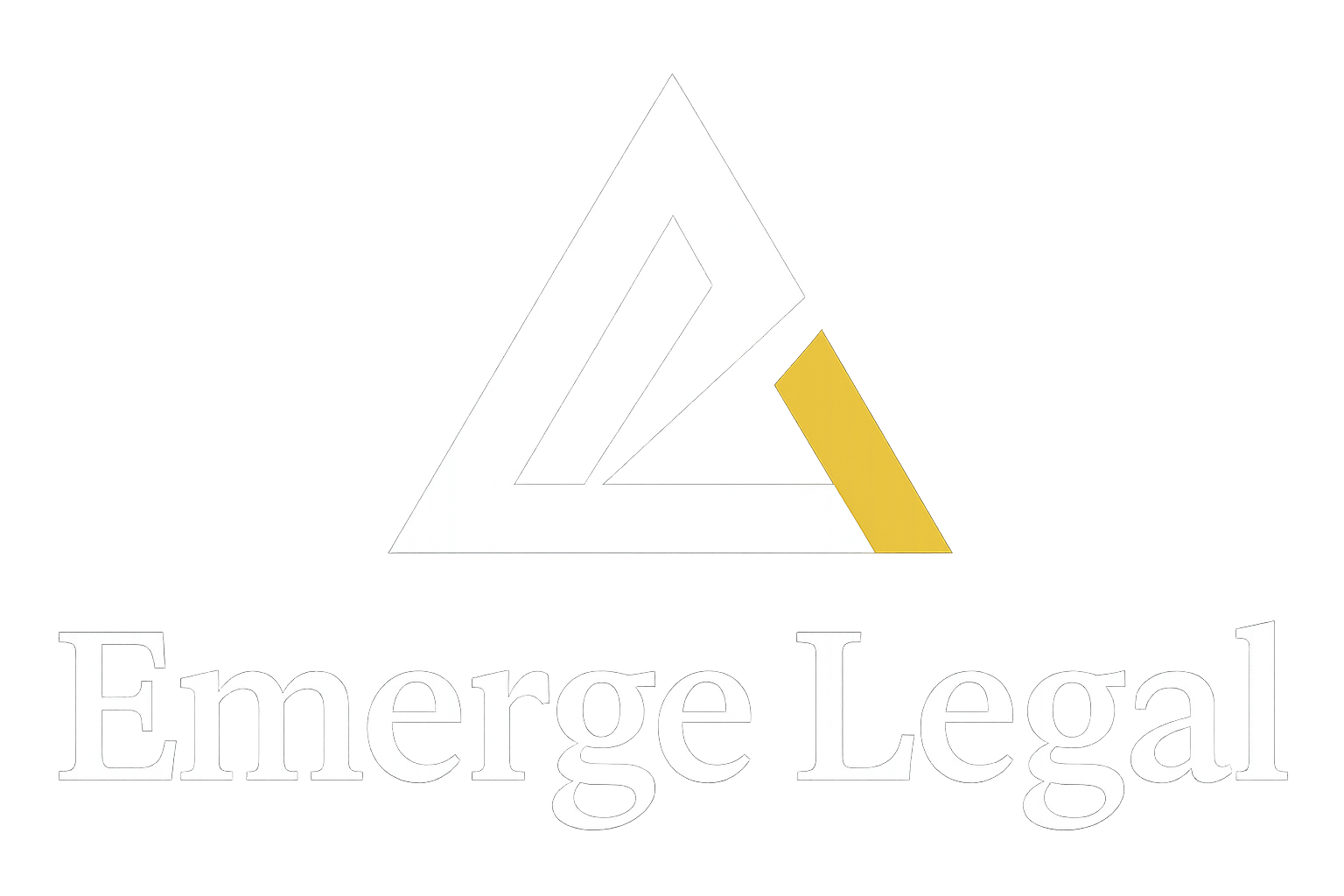Must-Know Legal Aspects Of Artificial Intelligence:
Technology is coming with new inventions every time to facilitate the workload of mankind and now, it is Artificial Intelligence – The decision making machine. Artificial Intelligence is a program with human behaviour which can take multiple decisions in a short time without compromising the accuracy. Machine learning is one of the sub-techniques that work on the principle of AI which is used by many corporate and government agencies to process the services efficiently. But it is important to know about the cyber laws encircling the Artificial Intelligence and the regulations prescribed by Indian law.
Patent Protection guidelines of AI:
Artificial Intelligence is an algorithm that is used to make quicker decisions. As per the Patents Act, 1970, “the computer-related invention” can be patented, but an algorithm is a formula that cannot be accepted on that criteria. It is to be noted that an algorithm can be patented if it is a “novel hardware component with a technical effect”. But AI neither provides a solution on a technical basis nor a hardware component. So, AI cannot be patented as per the 1970 Act. It is considered a computer program and hence given patent under the “Literary Works” category of the Copyrights Act, 1957. As per Indian Law, only a legal person can apply for a patent and so, The patent right for AI remains a clumsy part as it does not qualify as the “true and first investor”.
Competition Regulation of AI:
The Competition Commission of India (CCI) aims to maintain fair competition among firms and the emergence of AI and Machine learning had a pessimistic effect on the fairness criteria. CCI had increased its vigilance against AI to prevent abuse of domination in the market. It also prevents mergers and acquisitions that can create unfair competition and lead to a significant competitive edge in that particular market. AI is being used by many digital marketing and web processing companies in India but the CCI had given certain restrictions on such usage. It is to be noted that many Government agencies like the CBSE, The Indian Army, Housing Ministry, etc. make use of AI with regulations to maintain bookkeeping records, skill development, and surveillance, etc.
AI Governance mechanism:
The “Digital India” initiative had opened the gates of technological development and since then, AI has been considered as one of the promising technology of the future. Artificial Intelligence is used by many IT firms where they use the personal information of the masses to improve their services. But such usage is subject to policy restrictions and regulations. MNC’s opt for the IS/ISO/IEC 27001 guidelines to use AI technology. The Data Protection Bill, 2019 has come up with regulations regarding the AI and protection of privacy of individuals.
AI and PDP Bill, 2019:
The General Data Protection Regulation (GPDR), despite the fact that it had not explicitly come out with Artificial Intelligence, identified the impact that would be created by the automated decision-making devices.
These are some of the provisions being listed under the privacy protection of the PDP bill, 2019.
1. Firstly, the data rights processed by automated devices should come under the authorization of the Union or state.
2. Secondly, automated device companies need to be more transparent in their functioning to maintain fairness related to the data subject.
3. Article 25 of the Bill requires the data managers and controllers to implement certain organizational measures to process personal data only on a specific purpose.
4. Data Impact assessment should be processed by the data controllers as per Article 35 of the Bill to maintain the privacy of individuals.
5. Security must be tightened to protect the privacy of the users according to Article 30 of the Bill.
Artificial Intelligence Task Force (AITF):
The AITF is created by the Ministry of Commerce and Industry in August 2017 to construct a policy framework and a legal arrangement to use AI for economic growth. The main aim of the AITF is to create an economic transformation by ethical usage of AI across various domains of the Indian economy including Manufacturing, Education, Agriculture, etc.
Government Regulation:
The AI comes under the regulation of the IT act, 2000 as they are concerned about the collection, processing and storing and managing of the personal data dealing with privacy protection.
Recently, NITI Aayog partnered with Google in May 2018 to leverage economic productivity using AI and teach start-ups on the usage of AI on corporate purposes with certain limitations.
The PDP Bill, 2019 regulates the processing of data using AI within limitations to protect the personal data of the individuals.
To conclude, AI is an algorithm that is used to predict the economic, political and social strategies and create a change in society and it should be carefully handled to conserve the privacy of the people. Indian laws are aimed to protect the rights of the people than to explore the next-gen technology.
References:
- https://www.globallegalinsights.com/practice-areas/ai-machine-learning-and-big-data-laws-and-regulations/india#chaptercontent4
- https://papers.ssrn.com/sol3/papers.cfm?abstract_id=3240384
- https://cis-india.org/internet-governance/blog/the-srikrishna-committee-data-protection-bill-and-artificial-intelligence-in-india
- https://www.aitf.org.in/



